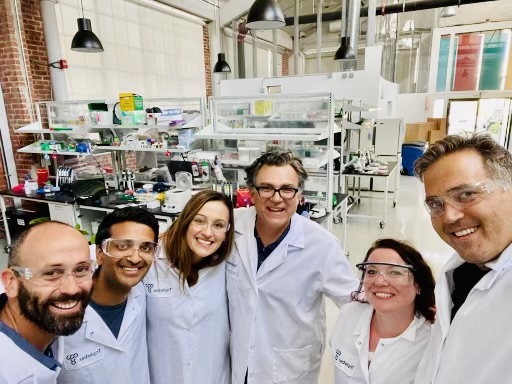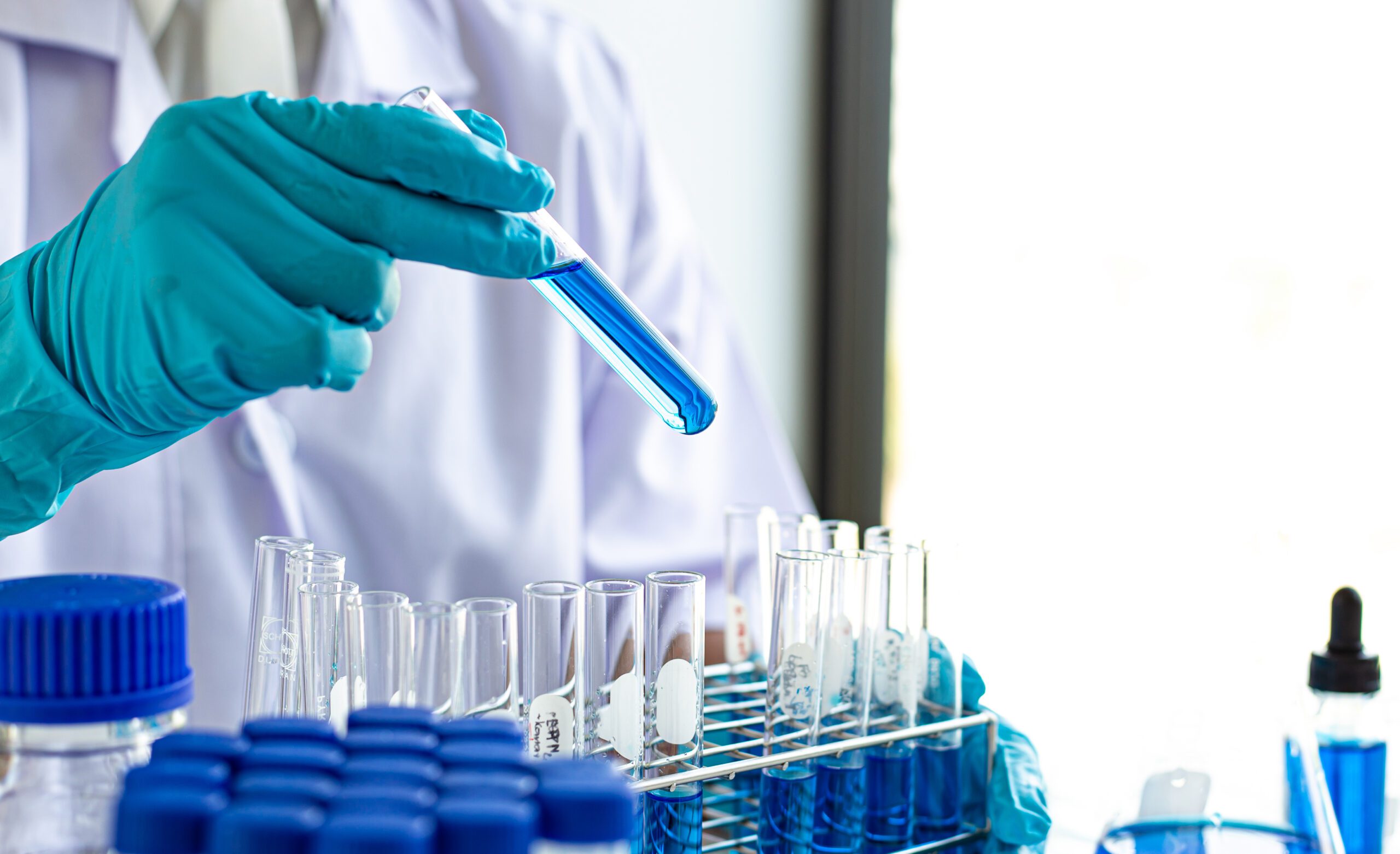Emeryville, CA-based biotech startup Triplebar has raised $20m in a series A round led by Synthesis Capital to expand its tech platform for optimizing biomanufacturing.
The round, which takes the firm’s cumulative funding up to $25 million, was supported by Essential Capital, Stray Dog Capital, iSelect Fund, and existing investor The Production Board.
Founded in 2019 by biochemist Dr Jeremy Agresti, Triplebar has developed a ‘hyper-throughput’ screening platform deploying microfluidics and rapid testing. This is coupled with AI and machine learning to develop biomanufacturing platforms utilizing microbial and animal cells.

These can produce everything from “low-cost, low-footprint animal proteins to replace traditional animal sources,” superior cell lines for cultivated meat products, and “novel therapeutic biologic drug candidates.”
‘A microprocessor for biology’
While scores of companies now use synthetic biology to program microbes to produce everything from dairy proteins to sweeteners via precision fermentation, the unit economics are challenging if strains are not optimized for productivity, titer, and yield, TripleBar CEO Maria Cho told AgFunderNews.
According to Cho, Triplebar’s system enables it to screen millions of mutations and optimize a yeast strain, for example, over many generations at record speed, effectively “running evolution at hyper-speed.”
She added: “Our expertise enables the product and process discovery to scale at orders of magnitude, faster and cheaper than any other company that’s out there. We take a hypothesis-free approach and say what’s the phenotype, the output of the thing that we’re looking for? And then Triplebar technology enables us to see how biology did it.”
Triplebar’s screening platform acts as a “microprocessor for biology,” integrating hardware, software, biology and biochemistry to miniaturize and accelerate evolution, explained Cho.

“Essentially we take a test tube and miniaturize it into a microreactor. We create tens of millions of yeast strains [for example], encapsulate them in our microreactors and add test reagents. And then we take tens of millions of microreactors and put them on a chip that fits in the palm of your hand.
“We then take that chip and run it on our benchtop system looking at thousands of tests per second. This is three to four orders of magnitude faster than what is currently found in terms of throughput and it allows us to determine what is the genetic profile of that organism that is creating that end product phenotype that we’re interested in?”
** Click here to read the full-text **









